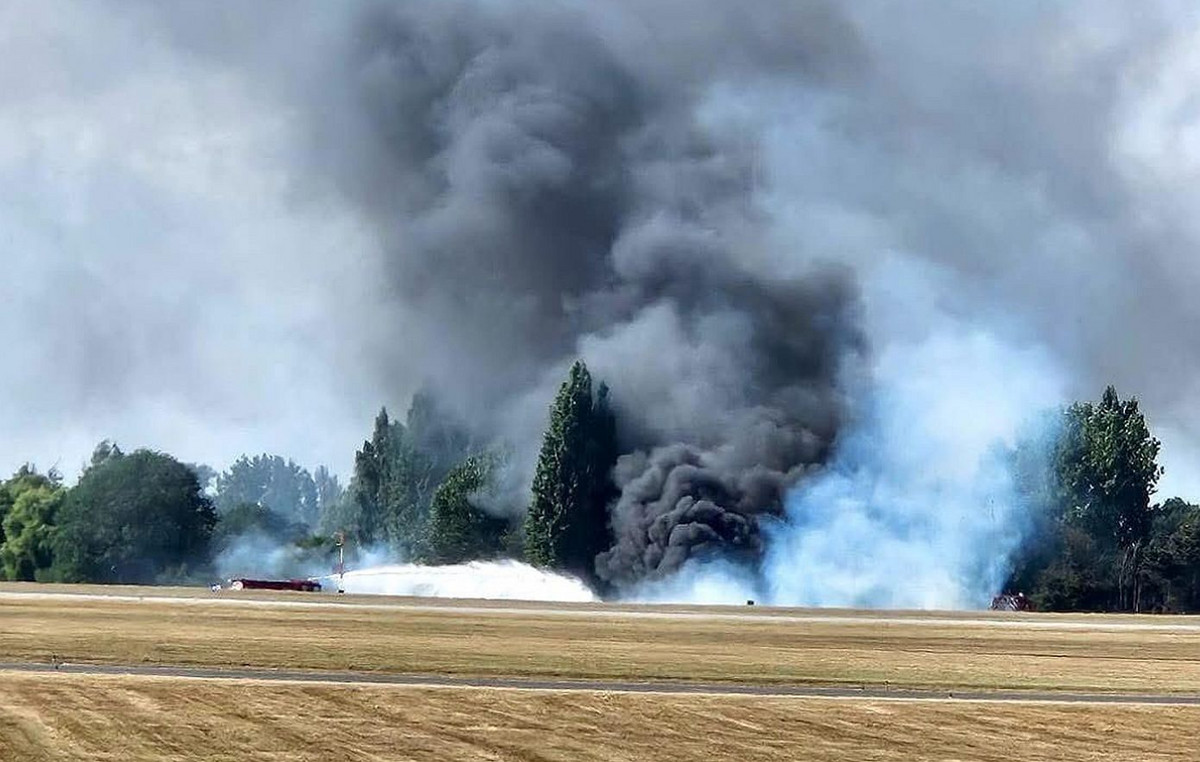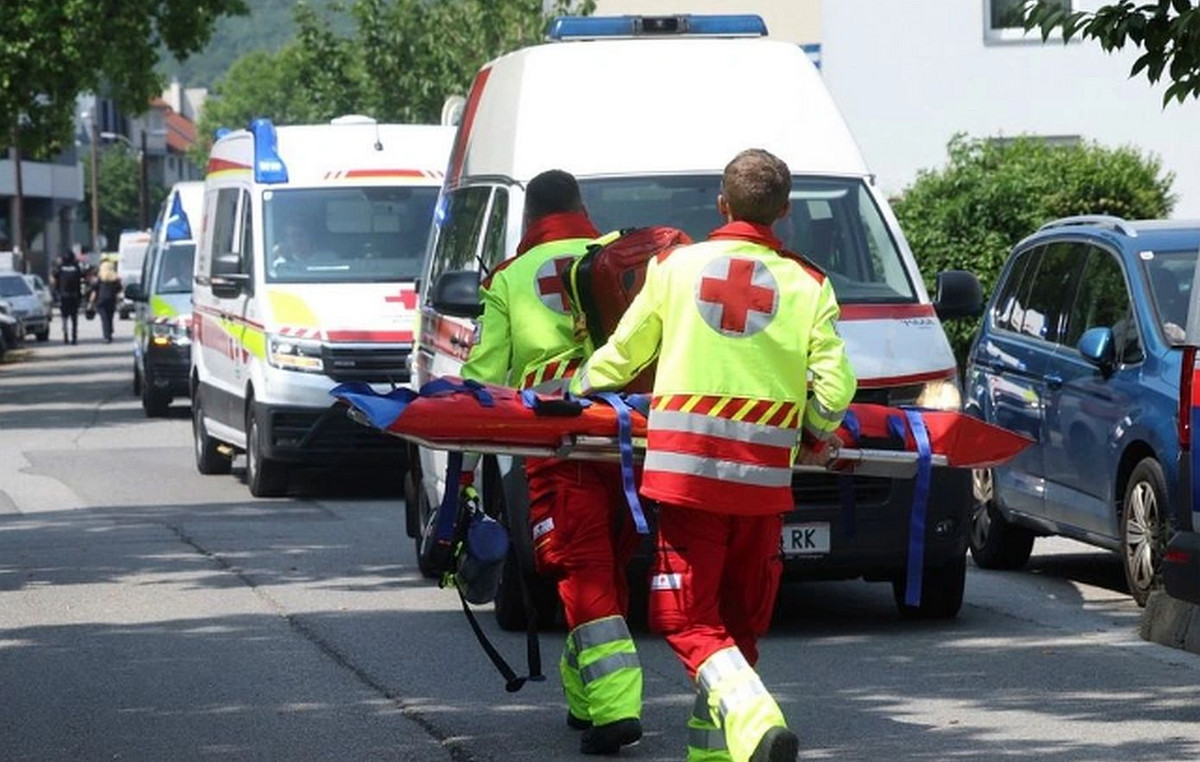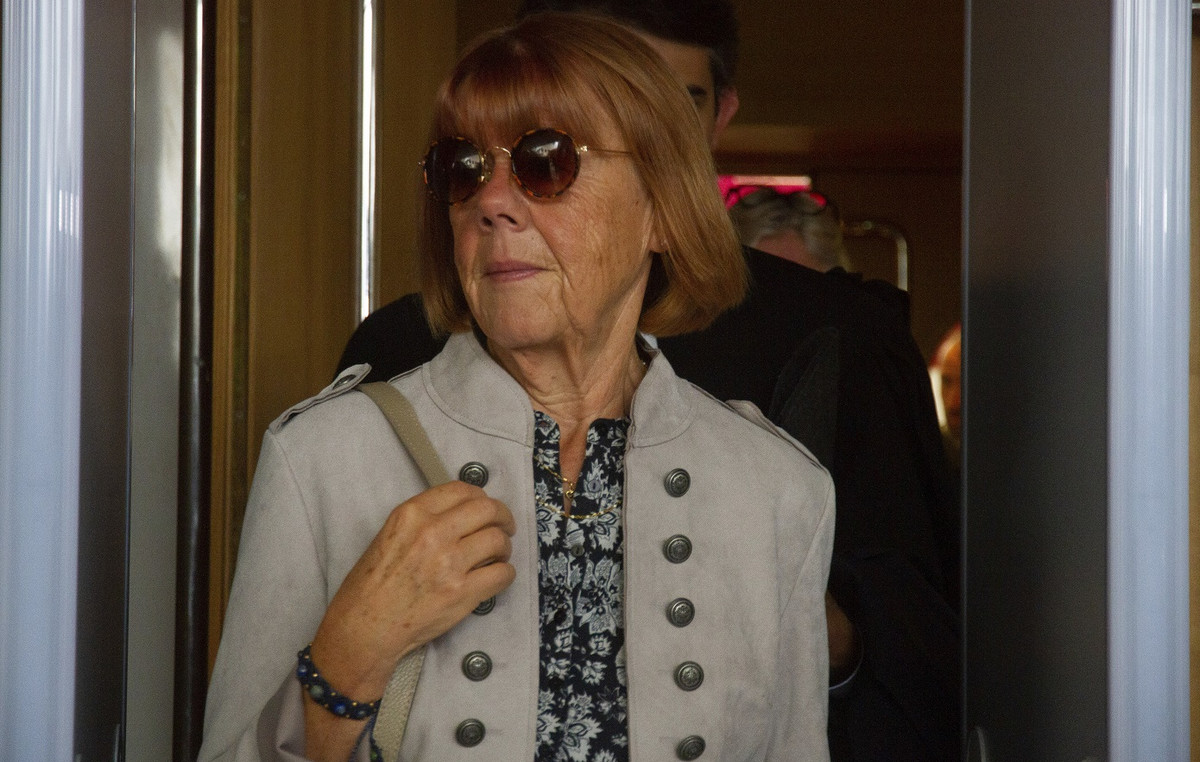With the advancement of the Ômicron variant, Brazil is recording successive records in the transmission rate of Covid-19. In the last week, from January 16 to 23, the contagion rate reached 1.78, the highest value since January 2021. The transmission of the new coronavirus in São Paulo reached 1.79, the highest rate for the capital of São Paulo since the data were computed. This means that every 100 infected people transmit Covid-19 to 179 others.
The data are from researchers at the University of São Paulo (USP) and the Universidade Estadual Paulista (Unesp), who produce the Info Tracker, responsible for monitoring the progress and rate of contamination of the disease in the country. The mathematician and platform coordinator, Wallace Casaca, said in an interview with CNN this Wednesday (26) that the transmission speed of the Ômicron variant is unprecedented in the scientific community.
“We researchers and the entire scientific community, until then, had never registered a capacity for the spread of the virus such as Covid in the manifestation of Ômicron. It really manages to extrapolate other highly infectious diseases like measles,” he said.
The researcher evaluated that the rise in the number of cases of Covid-19 is something that has been observed around the world and that “almost all countries in the world are facing this advance of Ômicron, this is also something unprecedented that we have never seen before. ”.
According to Casaca, there are scientific studies that are being formulated and already postulate that “the Covid in the manifestation of Ômicron is indeed the most infectious thing we know that we have ever observed in life”.
The researcher says that the priority must be to break the chain of transmission, as doing so will avoid all other consequences of the high number of infections, such as the increase in the curve of hospitalizations and deaths. “We always have to think about the transmission of Covid as if it were a chain of events”, he said.
However, according to the mathematician, the expectation is that the transmission rate will begin to gradually decrease in February. “Cases will still increase, but more slowly, that is, smaller and smaller increments from one day to the next”, evaluated Casaca.
The mathematician considered that a drop in the contagion rate does not necessarily represent a decrease in the number of new cases. “As long as the rate is above one, there will always be an increase in cases. The decline in cases only comes with the transmission rate below one,” he pointed out.
Check out guidelines from the Ministry of Health in the face of the diagnosis of Covid-19
Reference: CNN Brasil







